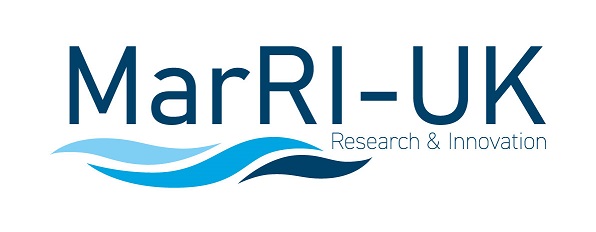Flow Batteries for Marine Application (FLO-MAR) led by Marine South East
Aimed to confirm the feasibility of using flow batteries for onboard energy storage, and to de-risk the further development and demonstration of a pilot flow battery, Marine South East compared vessel characteristics and performance for the different flow battery types against lithium-ion, and identified which vessel types and duty cycles are particularly attractive for the various battery types.
A concept design of the most suitable vessel type was developed, that consists of a concept general arrangement drawing, concept of operation profile and a risk register. This shows how a flow battery could be incorporated into an existing vessel design.
The environmental advantages of flow battery include:
- Flow batteries allow short-service vessels to operate with zero emissions, in the longer term, they could become viable for deep sea electric ships.
- No ‘high risks’ associated with the placement of a flow battery on the study vessel.
- A flow battery vessel produces no local emissions of CO2, particulates, SOx or NOx.Electrification of the reference vessel saves 223T CO2 and 731Kg NOx per annum.
In addition, the following conclusions were drawn:
- Weight and stability changes are acceptable for short range vessels.
- Electrical propulsion system can be of a conventional arrangement.
- Operating speeds can be similar to conventional craft.
- Weight increases can be reduced by the use of super-capacitors.
- The operation of a flow-battery vessel requires effective, efficient, and regular replenishment to maintain service schedules.
- Emerging organic electrolytes may replace vanadium based systems, offering improved energy density, reduced environmental impacts and reduced costs.

